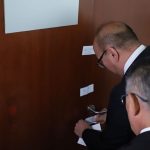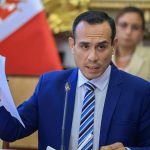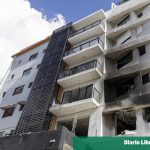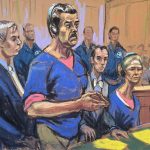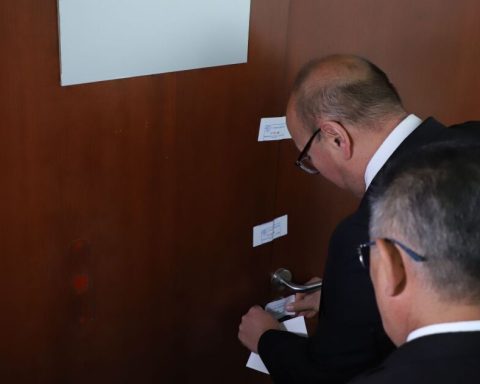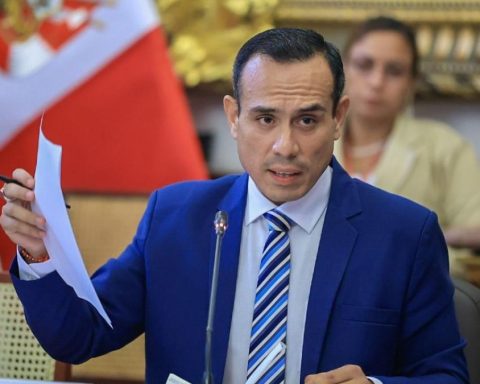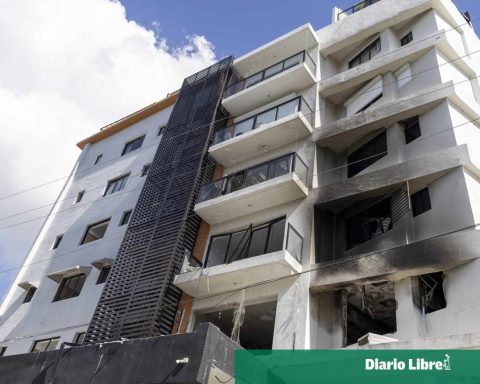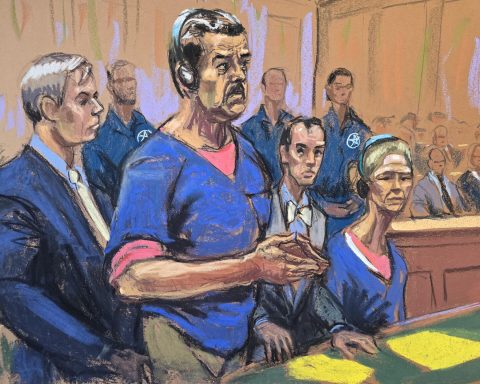“Let no one want to see their faces! The reality is that today Nicaragua is a full-fledged dictatorship, just like Cuba and Venezuela, we are seeing another of those so-called communist paradises become a factory of suffering, poverty and repression,” said journalist Juan Pablo Delgado Cantú, who He serves as head of the Research area at Azteca Noticias, and is part of the Azteca network team that documents the current context of the country.
“It hurts to breathe” is the series of reports by Aztec TV that has given ample space to the situation in Nicaragua under the context of repression imposed by the Daniel Ortega regime and now those investigations have been extended to another news area of the media.
Related news: The journey of a Mexican journalist to “infiltrate” Nicaragua
“When Daniel Ortega came to power, he promised democracy, prosperity and freedom only to end up repressing, impoverishing and imprisoning the population, as happened with Fidel Castro and Hugo Chávez. The figures don’t lie, every year tens of thousands of people flee the dictatorship of (Daniel) Ortega to seek a better life abroad,” said the Mexican journalist.
Delgado highlighted that in Costa Rica alone the number of refugees doubled in less than a year, going from 70,000 in 2021 to 150,000 refugees at the beginning of 2022. “When we talk about communism we are not only talking about a failed ideology, we are talking about the suffering of millions of people, citizens who must abandon everything and put their lives in danger to escape from a dictatorship,” said Delgado Cantú.
“Yesterday it was Cuba and Venezuela, today it is Nicaragua. Seen in another way, they are the same begging history of Latin American communism. Nicaragua is one more example that communism is a failed system that ends up elevating dictatorships », she continued adding.
Related news: Regime closes two stations belonging to the family of journalist Aníbal Toruño
During the production of the special report entitled “It Hurts to Breathe”, Otoniel Martínez, the journalist who produced it, was detained and questioned by police officers on public roads, who forced him to erase his material from his cell phone, and he suffered the look and comments from those who watched him suspiciously. Martínez points out that in Nicaragua “a cell phone in the street is uncomfortable, the population is afraid to speak, it is not normal” and he felt sadness.
In the next few days, the rest of the reports will be published with various testimonies from Nicaraguans who suffer and have suffered from the repression of the Nicaraguan regime, headed by Daniel Ortega and Rosario Murillo.







